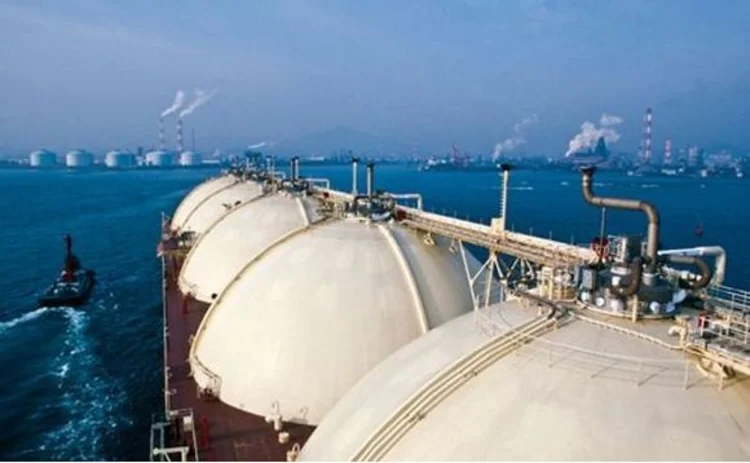
LNG supplies for EU could be diverted to Japan
European LNG supplies could be under threat as they become vulnerable to diversion into Japan

The devastation in Japan could have strong ramifications for the EU, as 5-12bcm of LNG will now be vulnerable to diversion to Japan for the foreseeable future, according to a report by Deutsche Bank released on Tuesday.
"Nuclear energy out losses in Japan should be replaced by 47% from gas, 39% from coal and 14% from oil," says Thierry Bros, senior European gas and LNG analyst at Société Générale
Only users who have a paid subscription or are part of a corporate subscription are able to print or copy content.
To access these options, along with all other subscription benefits, please contact info@risk.net or view our subscription options here: http://subscriptions.risk.net/subscribe
You are currently unable to print this content. Please contact info@risk.net to find out more.
You are currently unable to copy this content. Please contact info@risk.net to find out more.
Copyright Infopro Digital Limited. All rights reserved.
As outlined in our terms and conditions, https://www.infopro-digital.com/terms-and-conditions/subscriptions/ (point 2.4), printing is limited to a single copy.
If you would like to purchase additional rights please email info@risk.net
Copyright Infopro Digital Limited. All rights reserved.
You may share this content using our article tools. As outlined in our terms and conditions, https://www.infopro-digital.com/terms-and-conditions/subscriptions/ (clause 2.4), an Authorised User may only make one copy of the materials for their own personal use. You must also comply with the restrictions in clause 2.5.
If you would like to purchase additional rights please email info@risk.net
More on Risk management
Esma won’t soften regulatory expectations for cloud and AI
CCP supervisory chair signals heightened scrutiny of third-party risk and operational resilience
AI spend in US could be good for bonds in Europe – finance chiefs
Development of AI is capital-intensive, but adoption less so, which could favour EU
Climate risk managers’ top challenge: a dearth of data
Risk Benchmarking: Banks see client engagement and lender data pooling as solutions to climate blind spots – but few expect it to happen soon
BPI says SR 11-7 should go; bank model risk chiefs say ‘no’
Lobby group wants US guidance repealed; practitioners want consistent model supervision and audit
At BNY, a risk-centric approach to GenAI
Centralised platform allows bank to focus on risk management, governance and, not least, talent in its AI build
Many banks yet to factor climate into credit risk models
Risk Benchmarking: More than a third of banks do not quantify climate risk impact on credit portfolios, study finds
We’re gonna need a bigger board: geopolitical risk takes centre stage
As threats multiply, responsibility for geopolitical risk is shifting to ERM teams
CROs shoulder climate risk load, but bigger org picture is murky
Risk Benchmarking: Dedicated teams vary wildly in size, while ownership is shared among risk, sustainability and the business







